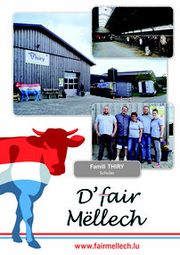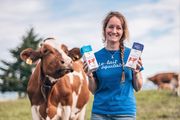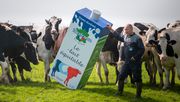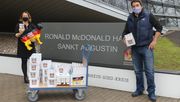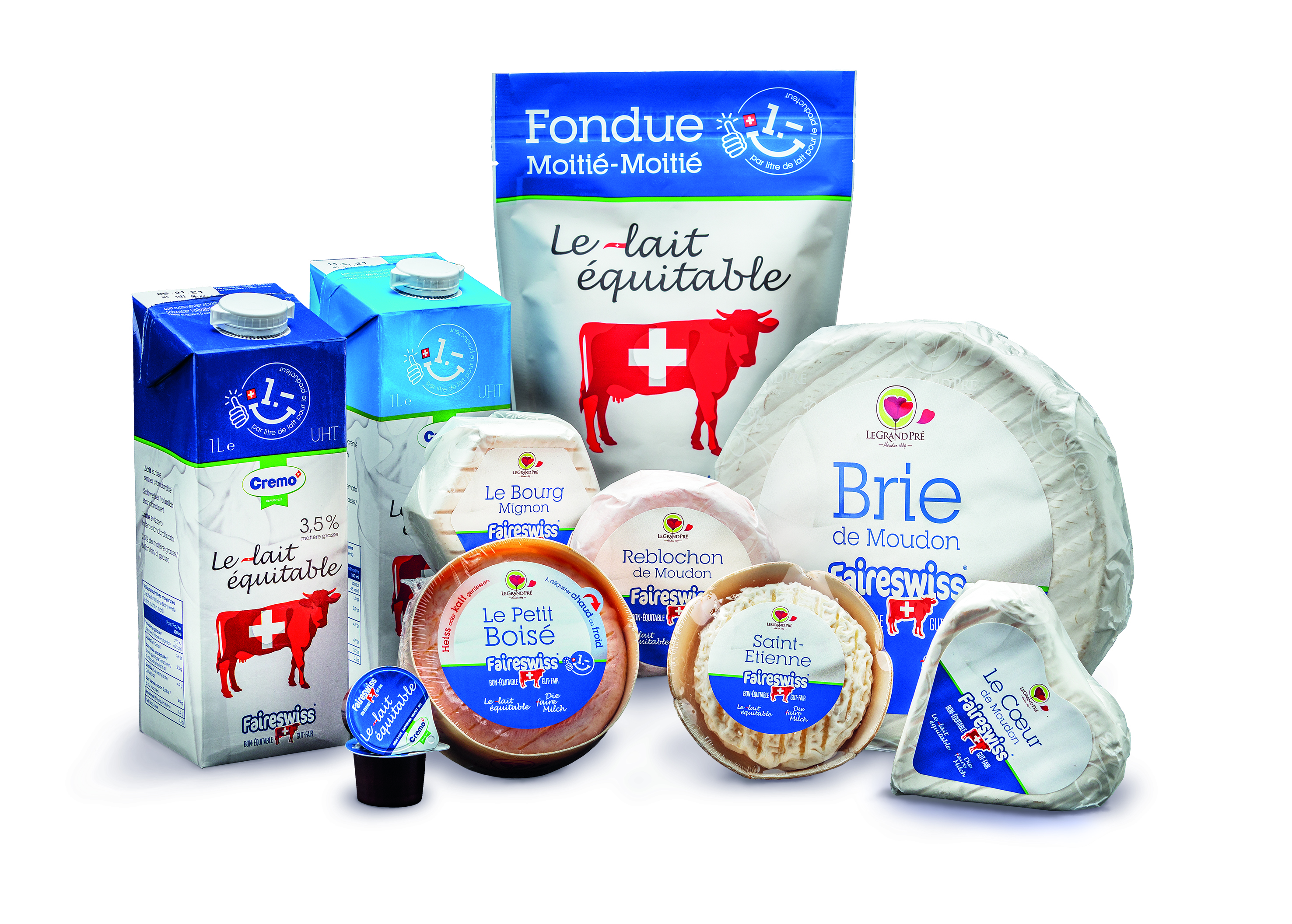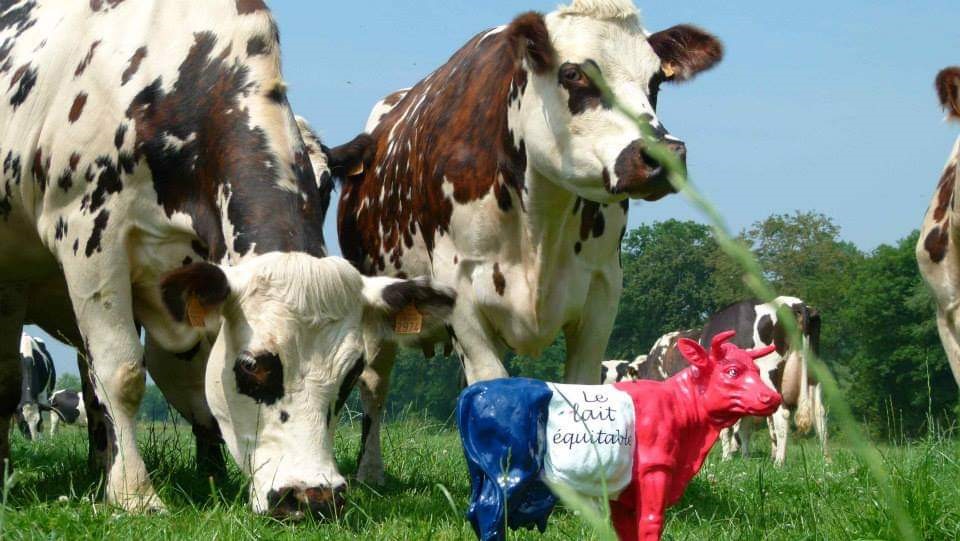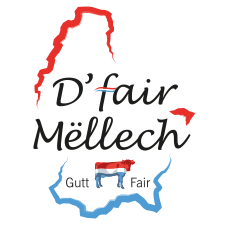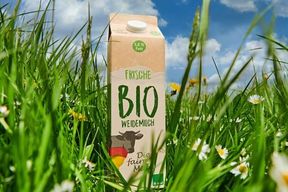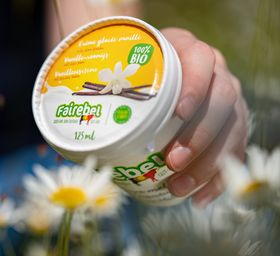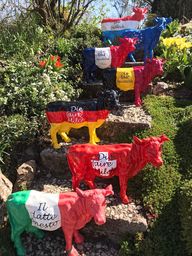EMB Newsletter October 2021
Newsletter as PDF
Contact
EMB - European Milk Board asbl
Rue de la Loi 155
B-1040 Bruxelles
Phone: +32 - 2808 - 1935
Fax: +32 - 2808 - 8265
Dear dairy farmers, dear interested parties, dear Fair Milk supporters,
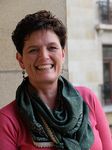
After the first edition last June, we would like to dedicate our entire October newsletter to Fair Milk again. I believe it is crucial that the EMB and the Fair Milk projects work in unison. Thanks to the cost study, the EMB provides all Fair Milk projects with a strong basis for calculating fair prices. On the other hand, the Fair Milk projects have clearly demonstrated that fair prices are possible. This in turn helps us in negotiations and talks with political decisionmakers, retailers and civil society.
It all started with the large demonstrations and actions over ten years ago. In many countries, consumers were coming to us, asking “How can we help?”, “Which milk should we buy?”. This gave rise to the idea of creating a brand by and for farmers, partly in close cooperation with consumers, who can now have a clear answer to their question. The EMB and its members have a leading role to play here.
As it is with successful projects, some will try to imitate or copy them to line their pockets. It doesn’t take more than a glance at the shelves in European supermarkets to see this trend. You will find an increasing number of brands with “fair” or similar terms on their packaging. On the one hand, this makes the case for our years of struggling as more and more consumers are becoming aware of this problem, and the industry can no longer muffle or overlook it.
On the other hand, if you take a closer look, these are mainly private brands owned by retail chains or producers who offer a wide range of dairy products. This raises several questions: Do they pay a fair price for this milk and if so, on the basis of what calculation? Assuming farmers are paid a fair price, should we not take a step back and ask ourselves whether this is proof that retailers and processors are capable of paying a fair price – contrary to frequent assertions? Why do these companies even need a fair brand and do not simply pay a fair price for every milk if they know about the cost shortfall? To me, they are admitting that they don’t pay farmers a fair price for their other products.
However positive the growing demand for “fair” products may be, we ought to take a closer look at who is just engaging in “social washing”. Now that the health situation allows it in most places, we should remember one of the great strengths of Fair Milk and leverage it: direct contact with consumers. When meeting them, we can explain that unlike private retailer or processor brands, Fair Milk is a project created by and for farmers. It is a project where the entire product range has been fair since its inception. It is a project whose success was built on the consistent combination of active, highly involved members and political work on the price issue. Let us take on our pioneering role, move forward side by side and continue building this unique project!
Sieta van Keimpema, EMB President
Di fair Milch Säuliamt: success stories and lessons learnt
The Koch family, a strong and active member of Die Faire Milch
Fair Milk on social media
Impressum
European Milk Board asbl
Rue de la Loi 155
B-1040 Bruxelles
Phone: +32 2808 1935
Fax: +32 2808 8265
E-Mail: office@europeanmilkboard.org
Website: http://www.europeanmilkboard.org

